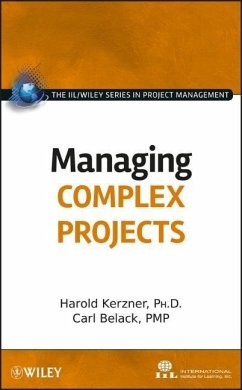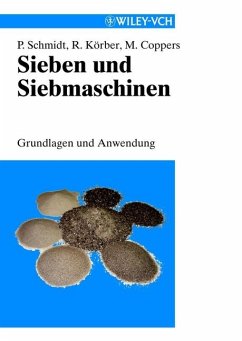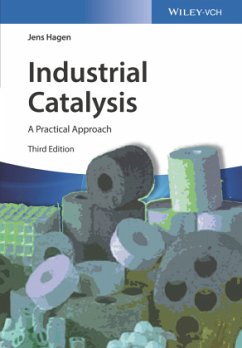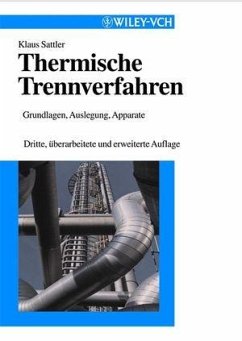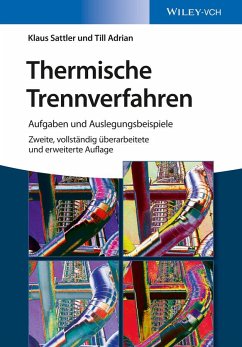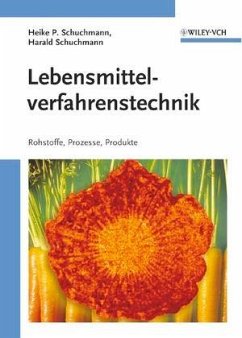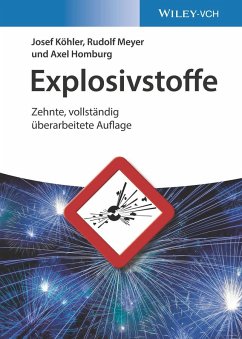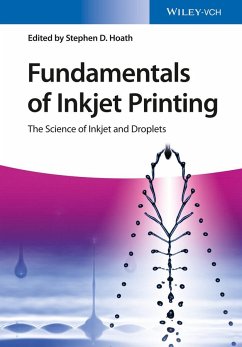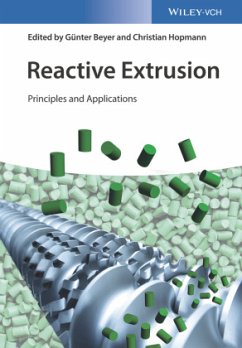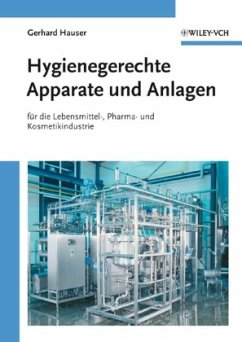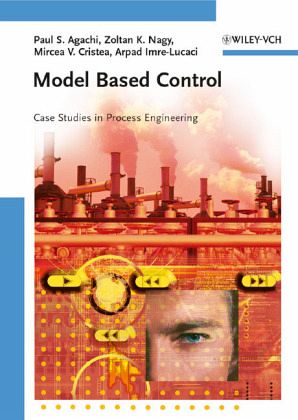
Model Based Control
Case Studies in Process Engineering
Mitarbeit: Agachi, Paul S.; Nagy, Zoltan K.; Cristea, Mircea V.

PAYBACK Punkte
44 °P sammeln!
Filling a gap in the literature for a practical approach to the topic, this book is unique in including a whole section of case studies presenting a wide range of applications from polymerization reactors and bioreactors, to distillation column and complex fluid catalytic cracking units. These thus aid readers in facilitating the implementation of MPC in process engineering and automation. At the same time many theoretical, computational and implementation aspects of model-based control are explained, with a look at both linear and nonlinear model predictive control. Each chapter presents deta...
Filling a gap in the literature for a practical approach to the topic, this book is unique in including a whole section of case studies presenting a wide range of applications from polymerization reactors and bioreactors, to distillation column and complex fluid catalytic cracking units. These thus aid readers in facilitating the implementation of MPC in process engineering and automation. At the same time many theoretical, computational and implementation aspects of model-based control are explained, with a look at both linear and nonlinear model predictive control. Each chapter presents details related to the modeling of the process as well as the implementation of different model-based control approaches, and there is also a discussion of both the behavior and the economics of industrial processes and plants. Following a section on general tuning guidelines of MPC, the text covers distributed control systems and FCCU MPC as well as their practical implementation. A library of dynamic models of several processes is also included.




